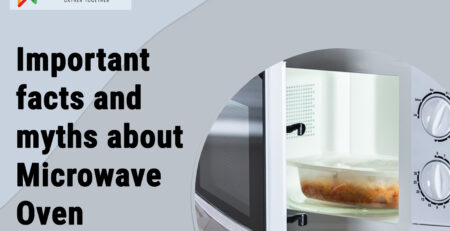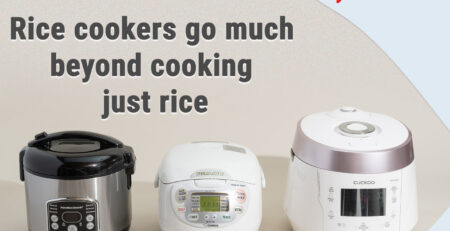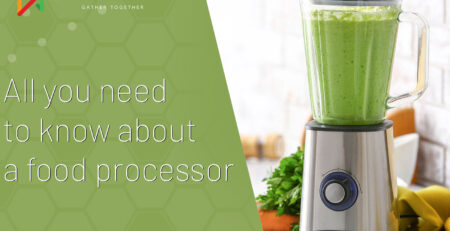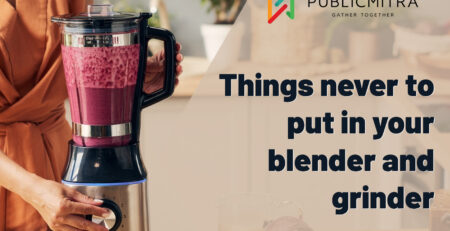The Quest For Flavour Through Coffee Makers
What propels the coffee industry forward and sustains its perpetual allure? The answer lies in an insatiable drive to experiment, which sparks innovations and refines the emphasis on coffee machines, manual filters, and brewing methods designed to intensify flavor. Coffee has undeniably evolved into a consistently enduring trend. The choice of coffee beans, brewing methods, and even the coffee maker itself play a significant role in achieving that elusive, delectable flavor.
The Coffee Maker: A Vital Player
Coffee makers are the unsung heroes of the coffee world. They come in various shapes and sizes, each designed to produce coffee with distinct flavors, aromas, and strengths. Your choice of coffee maker is crucial because it directly influences the flavor profile of your brew. Here are a few types of coffee makers to consider:
1. Drip Coffee Makers: These are the workhorses of coffee brewing. Drip coffee makers produce a consistent, smooth, and mild brew. They are perfect for those who prefer a no-fuss approach to coffee and enjoy a milder, less intense flavor.
2. French Press: For coffee connoisseurs who relish a bold, full-bodied brew, the French press is an ideal choice. It allows the coffee grounds to steep, resulting in a rich and robust flavor profile. The texture is thicker, and the aroma is distinct.
3. AeroPress: If you seek the perfect balance between strength and smoothness, the AeroPress may be your answer. This versatile device allows you to control factors like brewing time and pressure, giving you the freedom to fine-tune the flavor of your coffee.
4. Espresso Machines: Espresso enthusiasts know that these machines are indispensable. They produce a concentrated, intense shot of coffee, which forms the base for various coffee beverages. The flavor is bold, with a layer of crema on top.
Factors That Influence Flavor In Any Coffee Maker
1. Water Quality: The water you use is a critical component in the flavor equation. Impurities or overly chlorinated water can negatively impact the taste of your coffee. Filtered or bottled water is often recommended for the best results.
2. Coffee Beans: The type and quality of coffee beans you choose are pivotal in flavor development. The origin of the beans, their roast level, and their freshness all come into play.
3. Grind Size: The coarseness or fineness of your coffee grounds affects the rate of extraction. For instance, a finer grind is typically used for espresso, while a coarser grind is better for French press brewing.
4. Brewing Temperature: The ideal water temperature for brewing coffee is around 195-205°F (90-96°C). Water that’s too hot or too cold can result in a subpar brew. Coffee makers with precise temperature control are a great asset in achieving the perfect cup.
5. Brewing Time: The length of time your coffee grounds are in contact with water significantly affects flavor. Adjusting the brewing time can make your coffee milder or bolder, depending on your preference.
Conclusion
In the quest for flavor through coffee makers, there are countless possibilities to explore. Each coffee maker has its unique characteristics and will help you discover a new dimension of flavor. So, keep experimenting, keep brewing, and savor the delightful journey of coffee exploration. After all, it is the journey that makes that first sip of your morning brew so utterly satisfying.












